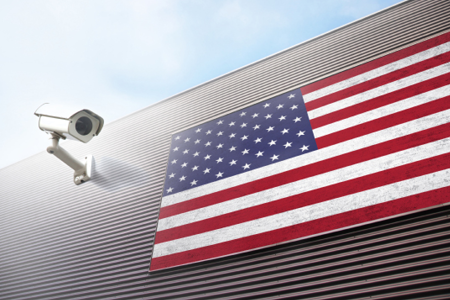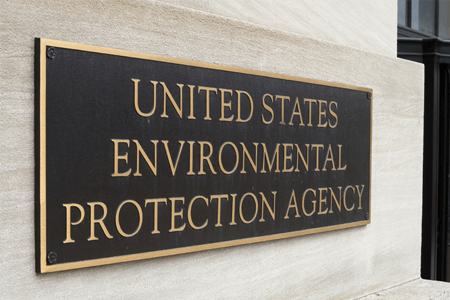More than two decades ago, the United States faced an unprecedented terrorist attack. The impacts of the horrific acts of September 11, 2001, were vast and far-reaching - thousands of lives were lost and families, friends, and our nation were left grieving.
In the days and years since, we have also seen hope – from the heroic acts of bravery from first responders and our armed forces to an ongoing commitment from the public and private sectors to protect our country from a similar tragedy.
The events of September 11 forced our nation to reassess how we look at safety and security. From that tragedy, the Department of Homeland Security (DHS) arose. In the years since, DHS has led the charge in assessing threats and developing and implementing regulations which aim to protect the country from future attacks.
Chemical manufacturing facilities, like other critical infrastructure such as the electrical sector, were identified early-on as potential high-risk targets. So, while DHS began the important work of establishing what is now known as the Chemical Facility Anti-Terrorism Standard (CFATS), the American Chemistry Council (ACC) and our members immediately took action of our own.
In 2002, 5 years before CFATS was officially launched, ACC’s Board of Directors approved the adoption of the Responsible Care Security Code – a commitment by ACC members and Responsible Care partners to enhance the security of our facilities and our communities. The Code outlines 10 Management Practices to help companies continually improve security by identifying, assessing and addressing vulnerabilities, enhancing training and response capabilities, and engaging with customers, suppliers, service providers and government agencies.
The Security Code builds on the foundation of environmental health, safety and security established under Responsible Care and is recognized by local, state and federal governments as a model security program for chemical facilities and other U.S. industries. In fact, the DHS SAFETY Act recognizes the Security Code as a Qualified Anti-Terrorism Technology.
In 2007, after years of dedicated work by DHS and industry stakeholders, ACC and our members pushed for the adoption of CFATS and the resources and support of the U.S. government to help protect our workers and our communities.
We recognize it takes a commitment from all stakeholders, public and private, to keep our country safe from those who would threaten it. That’s why ACC and our members were disappointed that Congress, despite strong bipartisan support for the program, failed to reauthorize CFATS before a July deadline. The program’s expiration has suspended the valuable resources and tools that the program provided our industry.
This week, as we reflect on the tragedy of September 11th, we urge Congress to act swiftly to remedy this failure, reinstate CFATS, and support the chemical industry’s continued efforts to protect our workers, our communities, and our nation.


